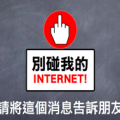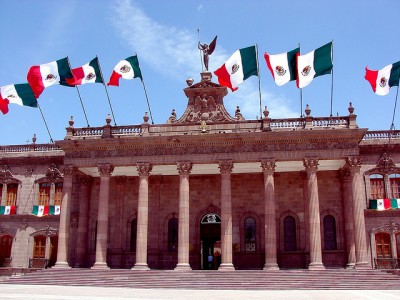Stories about Regulation from June, 2013
Taiwan: Internet Policy Reforms Spark Fears of Censorship
Since this spring, the Taiwanese government has proposed multiple policy reforms that have sparked concerns of Internet censorship among Taiwanese netizens. Some are comparing these amendments to Chinese-style speech control, while others have observed the influence of the United States behind the legislation.
Nepali Journalists Arrested for Reporting on College Students’ Sex Lives
Three Nepali journalists were arrested on charges of publishing indecent and defaming content online. Police took them into custody after officials at a public university complained that the journalists had written about female students using eggplants as sex toys.
Everyone's Rights are at Stake: Global Reach of US Surveillance Programs
Last week's revelations about phone and Internet surveillance programs run by the US government's National Security Agency (NSA) sent shock waves throughout the United States and the western media, but also around the globe. While in the US, many privacy-minded lawmakers and even digital rights advocates used the news as an opportunity to demand better protections for Americans' online privacy, Internet users worldwide were left wondering how to protect their own data in the face of these threats.
The Business Behind China's Internet Real Name Registration System
One company stands to profit in a big way as China pushes forward with a policy to require Internet users to register their real names and their national identification numbers in order to participate online.
‘Free My Internet’ Movement Rises in Singapore
A new licensing scheme for news websites announced by Singapore's Media Development Authority has been denounced by many as a censorship measure. A group of concerned netizens calling themselves the ‘Free My Internet’ movement has invited the public to join a rally this coming Saturday to demand the withdrawal of the controversial regulation.
Mexico: Local Cyberbullying Law Could Threaten Free Expression
In the Mexican state of Nuevo León, as of last week, anyone who uses social networks to publish messages or images that cause "harm, dishonor, discredit to a person, or exposes him or her to contempt" can be incarcerated for up to three years.






